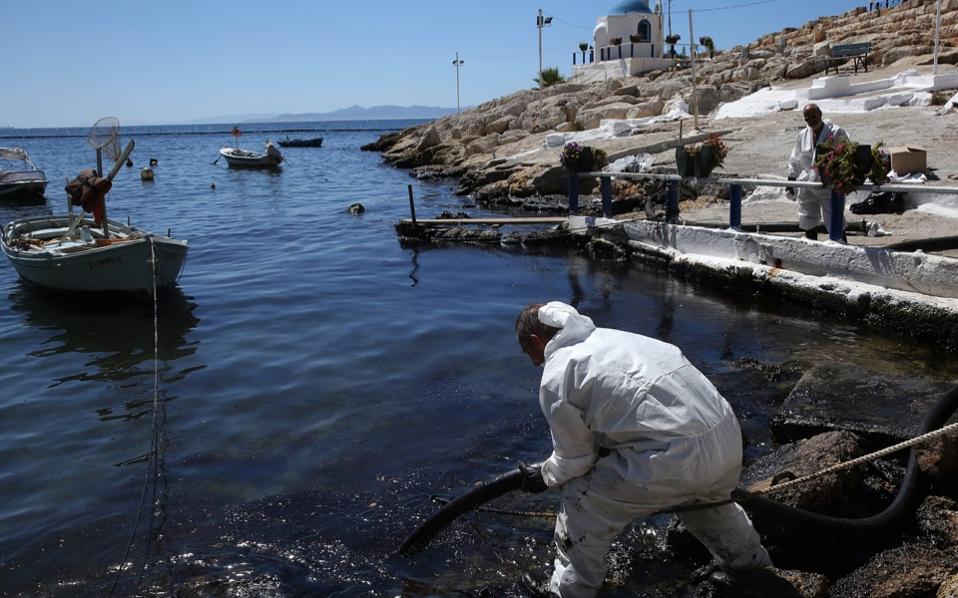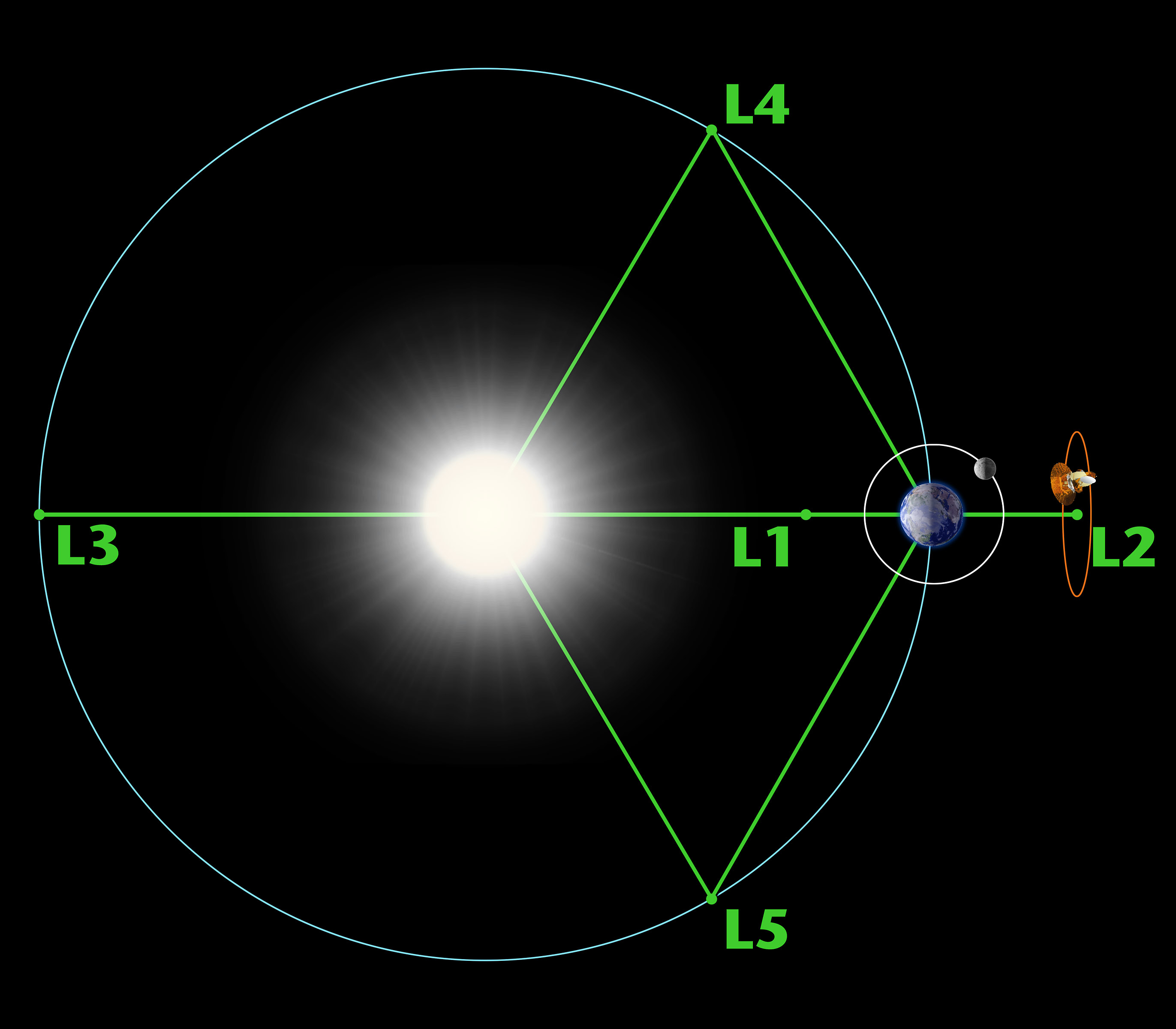Kate Raworth is all the rage these days. She presents a donut shaped representation of the nine planetary boundaries and asks economists to think about it when they use their simple model of producers and consumers. It sounds great. We need to take care of poor people, our planets resources etc. You’d think we’d be happy, but we’re not. The reason is that she fails to do two very important things :
1. Do more than state the problem
Our world economy is defended by econonomists, not designed by it. It’s already running, money flows, resources get scavanged and mined, oil (very imporant) drives trucks, cranes and the banks try to optimize their profits and the amount of money flowing. Economists have one option : To work in service of that system. The other option is to not work or choose another profession. Why? Because they are the key salespeople of the economic system, the ones that will always sell it more no matter what you say. So does Kate. This is the second failure:
2. She fails to name the key driver behind all the destruction : Fossil energy
Granted, she does mention that the flow of energy is very important, but then she talks about the sun, food production. She never mentions oil, gas, coal. This is insane. Our economic system would instantly collapse if we could not buy oil, gas or coal with our money. Every transaction we make still largely depends on some fossil fuel being available somewhere to burn, whether in the factory, the power plant, the truck, the home of the worker.
What kate does is exactly what banks (World bank etc.) have been doing for decades, which is to focus on fighting poverty. What does that mean? Expansion of fossil fuel use (if you don’t put the focus on that). How do we know Kate is old school? Because the use of solar, wind, renewables totally upends the economic system, and totally breaks the domination of that production/consumption cycle.
Fossil energy drives pollution also because it allows competition where there would not be the resources for it otherwise. The most stark example of this is wars. Fossil fuels allows for the production of weapons for both sides, endless amounts. Only when people fight over fossil fuels is there any reason for banks, oil companies, industry to stop the fighting.
Kate simply restates the problem and then distracts us from the real challenge, which is how to have an economy based on replenishing resources like sun and wind. We have written about the Roboeconomy before, which is an economy where robots do most of the work, including restauration of our ecosystems, all running on renewables.
The roboeconomy will come about as extraeconomic nuclei grow and connect into networks of waste free, energy self sufficient wealth creation systems.
A key aspect of the roboeconomy is the growth of ‘extraeconomic’ nuclei of activity. These are regions where interaction with the wider economy is not allowed or not necessary. Imagine a water botteling plant, that runs on solar, that has solar trucks, that recycles bottles it brings back from the supermarket itself, and that also recycles bottles using solar. All this fully automatic. What will the cost of water be? Of course there is an initial investment, but what if the plant was set up using cash, no loans. Then it could run with minimal maintenance (of course there will be maintenance robots). It will outcompete all other water brands.
A simpler example is a zero-meter house, one that doesn’t need any fossil or electricity energy input. Such a house doesn’t have gas, electricity connections, it doesn’t make money flow but it keeps it’s owners warm and comfortable. It has become an extraeconomical island because if it is fully owned, payed off, then the owner barely needs to go out into the world to work. Only for some food. But if it has a basement with hydrophonic vegetable robots that run on solar from the roof, even that is no necessary. Think zero-meter greenhouses. Of course right now hydrophonics is used to sell as much plastic oil and other crap, because it exist in an economy that has a core function : To maximize the utilization of fossil fuels.
The key strategy of the fossil fuel/banking or what we call the carboncredit system is to distract us by making us look for solutions 1. Where there are none 2. That involve using the fossil credit economy.
So we are not impressed with Kate, she is a distraction and she doesn’t point out the real challenge to economics, which is that it will have to deal with the disappearance of banks, of big financial institutitons, and needs to prepare to become expert in the managing of local autonomous independent ecosystems, EVEN independent of bank loans. Surprisingly enough economics is already pretty good in these things, because most companies function as autonomous independent systems, with one difference, they’re always deep in debt and working hard to pay it off (or just pay the interest) by seeking profit and being agressive in the market. This is where the biggest change will come : Less competition.
Just think of the bakers in the world. Most of them don’t compete, they fullfill a function locally, they are spread out over the urban areas quite evenly. They don’t have to go into deep debt to dominate the bread baking world, at least not if there isn’t some crazy financial tirant in charge. Of course we do have global bread, bagel, donut, hamburger franchises, which compete unfairly (judging by the tax incentives). But we don’t need to, and we won’t have them if bakers and farmers cooperate to grow, harvest and bake in a closed cycle extraeconomic system. Then bread will be very cheap or even free.
Kate puts poverty first, then living within our ecological means. If we don’t do the second thing first, we will never be able to do the first in any lasting or meaningfull way, in fact, we’re likely to do the first by doing the last.
The above will happen with many products we use, they will become debt free autonomous production systems. The largest portion of the money, which now goes from consumers to the fossil energy companies through the banks, will evaporate. Money will mainly be used to divide tasks because 1. energy will never be payed for and 2. resources will always be recycled. 3. labour will be avoided when it isn’t spiritually enriching. Kate’s trick is to mention all the aspects that we need to consider and strive for but not the key change which is the dissapearance of fossil fuel cashflow and credit dependence. Yes of course we should consider our well being, of course we should work within the limits. The real challenge for economists is to understand the robo- and extra- economy, but that’s really not what their future employers (banks, financial institutions, insurance companies etc.) want. Nor Kate.
Johan Rockstrom (Mentioned by Kate) Adapt, resilience Johan Rockström massive challenge feeding 9 billion people. “We can not expand , we have to use current land” “Carbontaxes it won’t work” “We can feed the poor” “What are the planetary boundairies”. Rockstrom is also a pro fossil typical ‘adapt, move with the punches’ non contributor.
Will Steffen (also mentioned by Kate) How do we fit in with the cycles of the planet. Reduce pressure of agriculture. Carbon neutral aviation fuels. That sounds much better, short term solutions.
- Stratospheric ozone depletion. …
- Loss of biosphere integrity (biodiversity loss and extinctions) …
- Chemical pollution and the release of novel entities. …
- Climate Change. …
- Ocean acidification. …
- Freshwater consumption and the global hydrological cycle. …
- Land system change. …
- Nitrogen and phosphorus flows to the biosphere and oceans.





/https://public-media.smithsonianmag.com/filer/0e/cc/0ecc1771-0dd9-4ca1-af2f-3cb9edaf1450/isslight.jpg)



